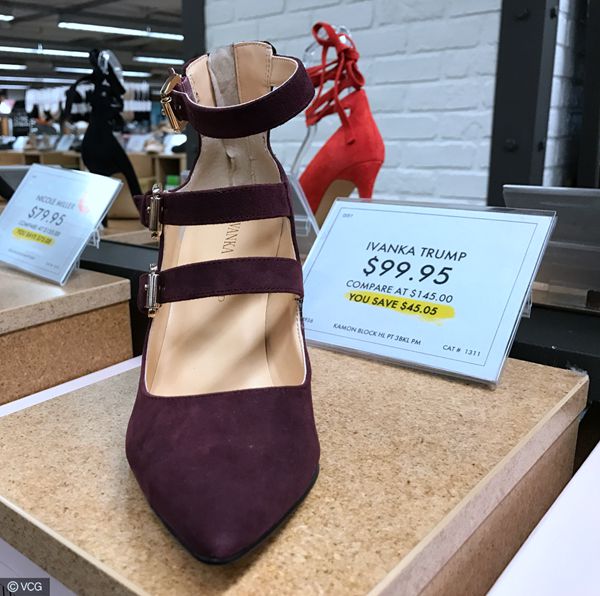The need for decent banks
It has been fashionable to bash banks and bankers ever since the 2008 crash. Politicians have often been keen to criticise, as they enjoy finding a category of people more unpopular than themselves. The commercial banks were a useful whipping boy when there had been a monumental failure of monetary policy. The Regulators had allowed or encouraged the banks to expand credit and investment banking activity too far too fast, and had then sought to collapse the asset bubble and bank sheets too quickly when they changed their minds. They obviously wished to public to concentrate on the banks that failed to manage within this unreliable framework, rather than on those who had created a boom bust cycle.
Today the US banks are largely mended and capable of financing a reasonable recovery. The UK banks have much stronger balance sheets and have taken much of the pain for past bad loans and wrongful trading practices. RBS still struggles to make a profit and to put it itself in a strong enough position to return to the private sector. On the continent there are more weak banks.
A successful economy needs a group of competing commercial banks capable of offering low risk savings products to savers, and lending the money on to individuals and companies that can afford to borrow. The hatred of debt that is often manifest in many modern commentaries is unrealistic. A growing and flourishing economy needs some debt. Young people need to borrow to buy a home or to establish a business. They can repay the debts out of future earnings. Larger companies need to borrow to put in large scale modern plants to meet future demand. They can repay the debts out of future revenues and profits from the plants. Property companies need to borrow to put up good modern buildings, which they can let to other users in the society to pay off the borrowings.
Some worry about the overall level of debts. This should not be a reason to deny new borrowers who have plenty of unpledged income the opportunity to buy a home or capital asset on borrowed money. If 35-50 years olds have borrowed too much, there is no need to take it out on 20-35 year olds who may have good cause to borrow. If a government has borrowed too much – and the UK government has not – it need not prevent individuals and companies in that country borrowing more.
Mr Trump and his Treasury team are wanting to relax the credit creating banks a bit. That will be a healthy development. The US needs more investment in productive capacity, homes and infrastructure. There are companies and individuals who could afford to borrow to help do this. The UK too needs to ensure a sensible pace of additional private borrowing to continue a decent rate of economic growth.
